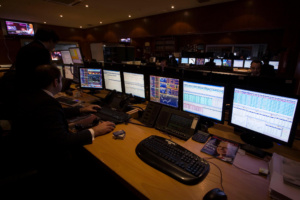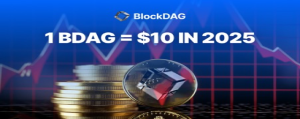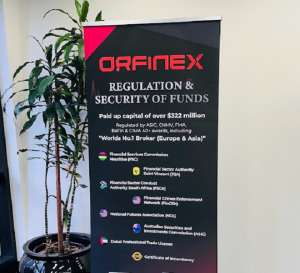America’s massive bonuses: “It’s a cultural thing”
“US banks continue to be more aggressive when it comes to paying bonuses versus European banks. It is a cultural factor to strongly incentivise employees” Alice Leguay, co-founder, Emolument

In line with North America’s business-orientated modus operandi, the large interbank dealers of Wall Street are very likely to be paying the highest bonuses to their top traders this year.
In America, the entire nation is run by business rather than bureaucratic government, making it the antithesis of socialist Europe which by contrast operates a very anti-business ethos which is the bete noire of London’s large banks, and represents one of the main reason that so many influential leaders in London’s financial sector strongly and publicly backed the country’s exit from the European Union.
This is likely to be reflected in the annual reports for 2016, the earliest of which is anticipated to be released next week when JPMorgan and Bank of America produce their full-year figures.
Yesterday, the metrics with regard to international banking fees were reported, which were substantially lower than those of 2015.
Thomson Reuters collated the data, concluding that the total amount of fees globally stood at $85 billion (£69 billion) in 2016, which is a 14% downturn compared to 2015 for British and Irish contingents, whose fee revenues were $5.5 billion.
Due to the penalties for misconduct in market practices and the missselling of retail products, British banks are subject to a restriction on how much they can pay in bonuses, however in 2015, Managing Directors in London (most institutions have several Managing Directors, each responsible for their specific channel of business within the institution – this is not a CEO position and sometimes is not a board position – it is a senior level manager of a specific department) earned an average of $898,000.
That translates to £677,000 and by all accounts is substantial remuneration for a demographic that is in the 30 to 50 year old age range and still has some levels of the corporate ladder to climb. The previous year, the same level of staff received an average of only £250,000.
Interestingly, traders at some of the large institutions, including Bank of America Corporation’s London office and Citigoup’s Canary Wharf headquarters displayed considerable discourse to their employers with regard to their bonus amounts in 2015, bearing out that British-based employees of American institutions working for the British divisions, can see the difference, thus bearing out the likelihood that this year will accentuate the difference further.
45% of Bank of America’s front-office traders expressed dissatisfaction with their bonus in 2015, and 42% of Credit Suisse staff were also vocal about their lack of gratitude for their bonus, despite Credit Suisse having made huge losses last year – indeed the bank’s first loss for 8 years.
In 2016, bonuses tended to fluctuate across each trading desk, depending on the focus of the bank with regard to risk and wishing to drive certain products forward over others as well as paying traders more for dealing with more complex financial instruments.
Last year, traders received bonuses ranging from 40% (for repo traders) to 113% of their annual salary for flow rates traders.
In 2016, a trader in a non-directorship position, with no board membership and who works on a city desk was likely to have earned an average of £221,000 in London.
Working as a non-senior executive at an institutional non-bank firm this year will usually result in a salary of between £100,000 and £150,000 for those who are skilled at maintaining strong relationships with Tier 1 banks and with liquidity takers.
Hakan Enver of Morgan McKinley today stated his perspective on how the bonus structure will look in 2017 at the top end. “The high earners are a very small percentage of individuals and generally they are the ones who bring in business” he said.
Payouts are expected to become increasingly polarised, both within organisations and between financial sector employees whose employer is headquartered in the UK or elsewhere in Europe, and their counterparts at Wall Street institutions.









